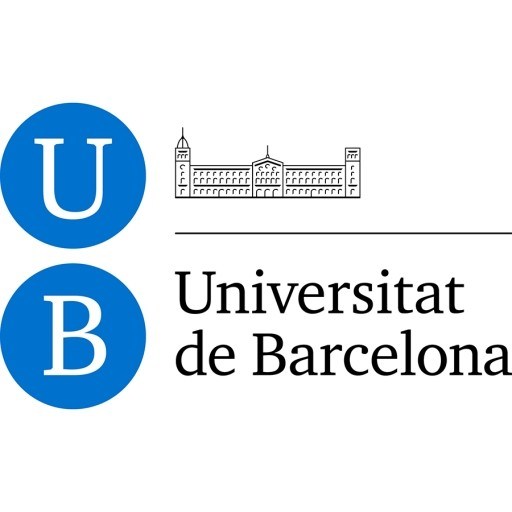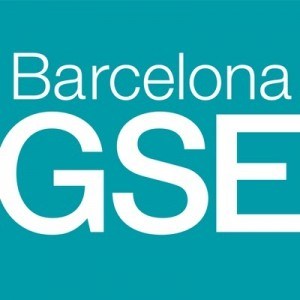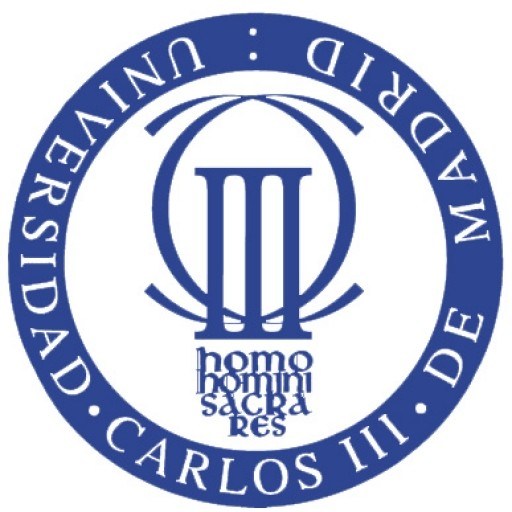Photos of university / #unibarcelona
The university master's degree in Applied Linguistics and Language Acquisition in Multilingual Contexts (LAALCM) is designed to train Spanish and international students to answer key questions in applied linguistics and second language acquisition in the world's numerous, diverse multilingual contexts. Students will learn to analyse these questions, develop a general understanding of the tools, techniques and methods required to answer them, and carry out their own research in a final project, in which they can apply the knowledge they have acquired.
The principal objectives are for students to understand the main phenomena in language acquisition, to learn about the latest research questions and results in the field of applied linguistics, to learn to transfer research results to teaching practice, and to acquire the independence to propose and carry out a basic applied research project.
The programme is closely linked to on-going developments in international research in the field of applied linguistics carried out by members of the teaching staff. Among other topics, this research focuses on the role of age, input, individual differences in second language acquisition, vocabulary acquisition, perception, second language production, bilingualism and multilingualism, content and language integrated learning, and specific methodological and technological aspects of applied linguistics research.
The course is divided into five modules:
- A bridging module, with a study load of 30 credits: Fundamental Principles of Educational Psychology / Linguistics (as required).
- Three standard modules, with a study load of 15 or 20 credits: Linguistics Applied to Second Language Acquisition, Research Methodology, and Second Language Acquisition.
- A research assignment module, with a study load of 15 credits.
Students will receive comprehensive training in theory and applied research that will enable them to enter Spanish and international doctoral programmes and to apply their knowledge to professional practice in applied linguistics, language teaching and language planning.
This master's degree has a total study load of 60 credits, which are structured in such a way that students acquire an understanding of the principal concepts in second language acquisition and the fundamental approaches to research in this field. The syllabus is divided into the following modules:
- MD0W0J Linguistics Applied to Second Language Acquisition. This module consists of three compulsory subjects (each worth 5 credits, making a total study load of 15 credits), on the different aspects of second language acquisition: bilingualism and multilingualism, influence between languages, and the role of age and aptitude.
- MD0W0K Research Methodology in Applied Linguistics and Second Language Acquisition. This modules consists of four compulsory subjects (each worth 2.5 or 5 credits, making a total study load of 15 credits), on research into second language acquisition. The subjects introduce students to the various research techniques used in the field, provide hands-on experience of advanced software packages (such as SPSS), and examine a range of descriptive and inferential techniques for statistical analysis.
- MD0W0L Research Topics in Second Language Acquisition and the Teaching and Learning of Second Languages. This module consists of a range of optional subjects (each worth 2.5 or 5 credits) of which students must choose a total study load of 15 credits. The subjects are divided into two sub-groups: the first focuses on key concepts in second language acquisition (vocabulary acquisition, multilingualism, speech and discourse, etc.), while the second takes a more methodological approach, looking at key research topics in the field of second language acquisition (for example, students will be given the chance to attend a research seminar, learn to apply current techniques used is psycholinguistics and cognitive linguistics, etc.).
- MD0W0M Final Project. This module consists of a single subject with a study load of 15 credits, which requires students to plan and carry out an individual research project under the supervision of a member of the teaching staff. The module is a means of gaining research experience in the field of second language acquisition and provides essential preparation for those students interested in continuing their studies at doctoral level.
Requirements
- An official Spanish degree.
- A degree issued by a higher education institution within the European Higher Education Area framework that authorizes the holder to access university master's degree courses in the country of issue.
- A qualification from outside the framework of the European Higher Education Area. In this case, the qualification should be recognized as equivalent to an official Spanish degree. If it is not recognized, the University of Barcelona shall verify that it corresponds to a level of education that is equivalent to official Spanish degrees and that it authorizes the holder to access university master's degree courses in the country of issue. Admission shall not, in any case, imply that prior qualifications have been recognized as equivalent to a Spanish master's degree and does not confer recognition for any purposes other than that of admission to the master's degree course.
- Academic record for previous studies
- Statement of interest
- Curriculum vitae
- Candidates must have English language skills at level C1 or higher. This is a formal requirement for admission to the course, as all work will be carried out in English. Level C1 in the European Common Framework of Reference for Languages is equivalent to the Cambridge Certificate in Advanced English (CAE) or a TOEFL qualification with a total CBT score above 220.
- Preference will be given to candidates with prior training in linguistics or psycholinguistics, although applications are welcome from any other candidate who meets the general requirements for access to university master's degree study. Holders of undergraduate degrees who have no training in linguistics or applied linguistics may be required to take bridging courses (10 credits), as determined by the Admissions Committee. Consequently, the master's degree course syllabus includes two bridging courses, entitled Fundamental Principles of Educational Psychology and Linguistics. The bridging courses are comprised of the following subjects: Acquisition of English as a Second Language I (5 credits) and Applied Linguistics (5 credits). Candidates with the following degrees will not be required to complete bridging courses:
- Bachelor's degree or pre-EHEA degree in any language.
- Bachelor's degree or pre-EHEA degree in applied linguistics or psycholinguistics.
- Bachelor's degree or pre-EHEA degree in modern languages.
- Bachelor's degree or pre-EHEA degree in translation and interpreting.
- Bachelor's degree or pre-EHEA degree in teacher training, specializing in modern languages.
- Bachelor's degree or pre-EHEA degree in foreign language teaching.
Holders of bachelor's degree or pre-EHEA degrees in other fields, including education, humanities and psychology, may be asked to take bridging courses, depending on their specialization, the subjects they took during their degree, the foreign language courses they have studied, and their experience in the field of teaching foreign languages or applied linguistics.
Want to improve your English level for admission?
Prepare for the program requirements with English Online by the British Council.
- ✔️ Flexible study schedule
- ✔️ Experienced teachers
- ✔️ Certificate upon completion
📘 Recommended for students with an IELTS level of 6.0 or below.
Scholarships
- General grant
- Mobility grant – Erasmus
- UB collaboration grant
- Departmental collaboration grant (MECD)
- MAEC-AECID grants
- Financial aid for participation in international mobility programs
- UB grants for exchanges with foreign universities
- UB grants for Els Juliols summer courses
- Drac Program grants
- Ajuts de matrícula per als estudiants amb circumstàncies personals sobrevingudes





